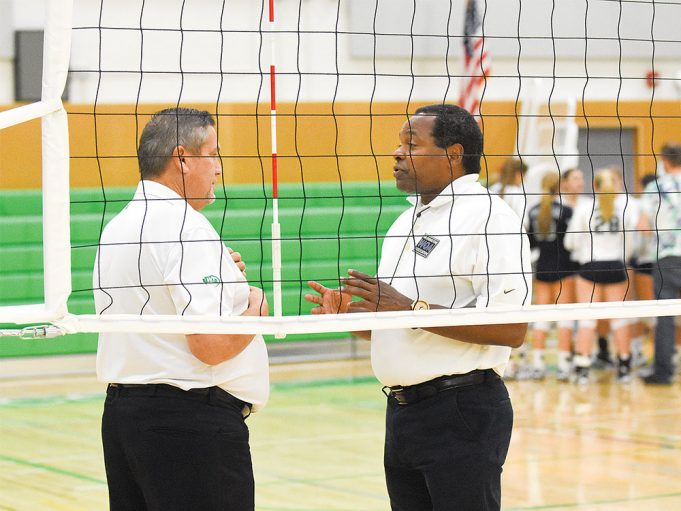Are you thinking about retiring soon, or do you think that decision is years from now?
In talking to people about retiring from any job, there seems to be a recurring theme, “I want the decision to retire to be my decision, not someone else’s.” If it is important for you to make the decision to retire, rather than having it made for you, shouldn’t you give it some thought now and develop a strategy?
Perhaps the biggest question you have is, “Will I know when it’s time to retire?” As you review the factors that go into the retirement decision, you must be honest with yourself.
7 Factors That Go Into a Retirement Decision
- Fatigue. All you can think of as you near the end of the contest is getting off your feet.
- Family obligations. You have missed so many family events that they no longer expect you.
- Lack of concentration. Plays happen and you need more time to process the information.
- Refereeing by committee. While your referee team has always been essential, now you are less decisive and must rely on them to get you through the match.
- Change in assignments. You are no longer being assigned the “big” matches and/or have fewer matches assigned to you
- Traveling is a burden. Just the thought of packing a bag and traveling to a match is tiring.
- Loss of enthusiasm. You are simply not having fun anymore.
Obviously, all of the above factors do not happen at once, but they creep up on you slowly, so you might not even realize what is happening. This is when a good friend is essential. Make a pact with a trusted friend, promising to help each other see the signs and make the retirement decision at the right time. No one wants to be the referee who used to do a great job, but now struggles through a match.
Help each other see the signs and make the retirement decision at the right time SHOULD BE A BLOCK QUOTE
So, now you have reached the point where retiring is on the horizon, but how do you leave this sport that you have loved for so long? Do you have to give up contact with every aspect of volleyball and take up golf or knitting, or do you find another way to stay in volleyball? Most people, when interviewed, say the same thing: “I love volleyball but I will miss seeing my friends more than refereeing the game.” I shared that feeling as I neared retirement, but I still had questions about how I would actually stop working my annual referee schedule in college, high school and USAV. Would I give up collegiate conferences one at a time or all at once? Would I stop refereeing high school matches first, or later? Did I want to keep my USAV certification current? Did I have any more career or monetary goals?
Since I help run many USAV tournaments, I decided to keep my USAV certification current. In addition, it was important to me to continue to help at my local high school chapter, where I have been a member since 1982.
When I made the decision that I was going to retire from collegiate officiating, I told all of the conference coordinators that the upcoming season would be my last. All of them were kind enough to ask if there was a referee partner or school that I would love to have included in my last season. I was touched to be asked and even more touched when they included some of my closest friends and favorite schools in my last year, and for that I thank them. As I worked my last collegiate matches, I had mixed feelings each time I walked into a gym for the last time, but I realized that there are some important dos and don’ts that should be remembered:
- Do tell the coordinators about your retirement well ahead of the scheduling process.
- Don’t announce that this will be your last match at this school. First, you may not be happy with their reaction to your news. But you should not expect the coaches to treat you more kindly just because you are ending your officiating career.
- Do work hard to do your best at each match; avoid complacency.
- Don’t make your last matches about you. The match is more important than your retirement.
- Do enjoy the fact that you won’t miss the coach who may be giving you grief.
- Do cherish each moment of your last matches.
We can continue to see our volleyball friends after we retire from refereeing by developing a strategy now that will involve you in a variety of volleyball activities, such as clinics, training sessions, and mentoring and evaluating newer referees. Help is needed in all of these areas and your expertise will be valued.
While I will miss refereeing matches, I am at peace with my decision, because it was my decision.
What's Your Call? Leave a Comment:
Note: This article is archival in nature. Rules, interpretations, mechanics, philosophies and other information may or may not be correct for the current year.
This article is the copyright of ©Referee Enterprises, Inc., and may not be republished in whole or in part online, in print or in any capacity without expressed written permission from Referee. The article is made available for educational use by individuals.


















